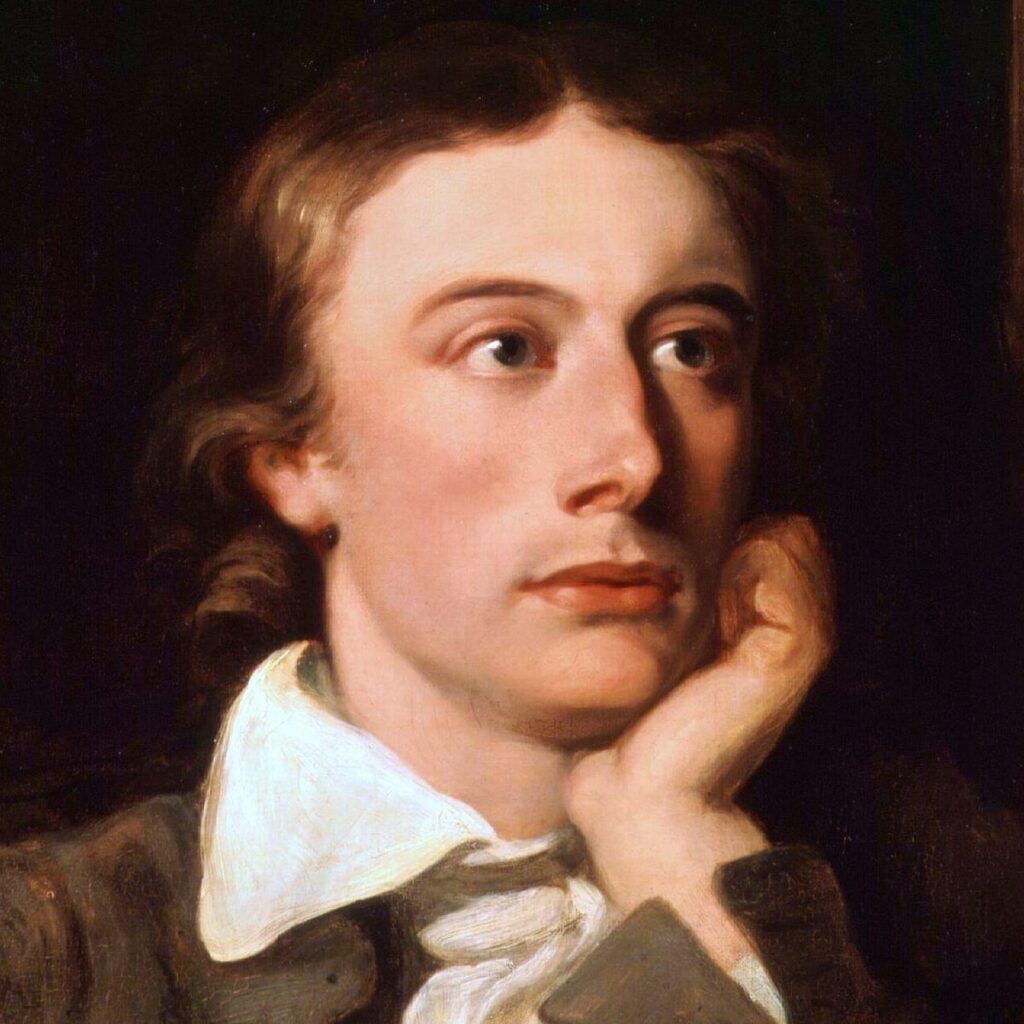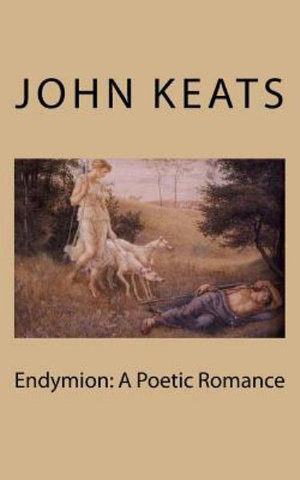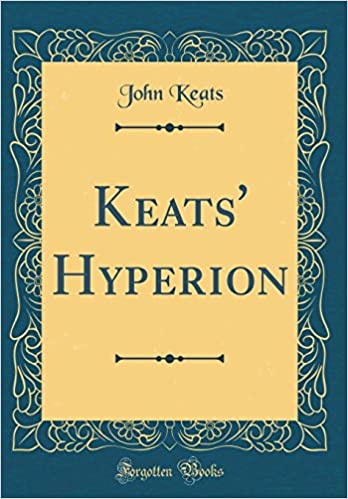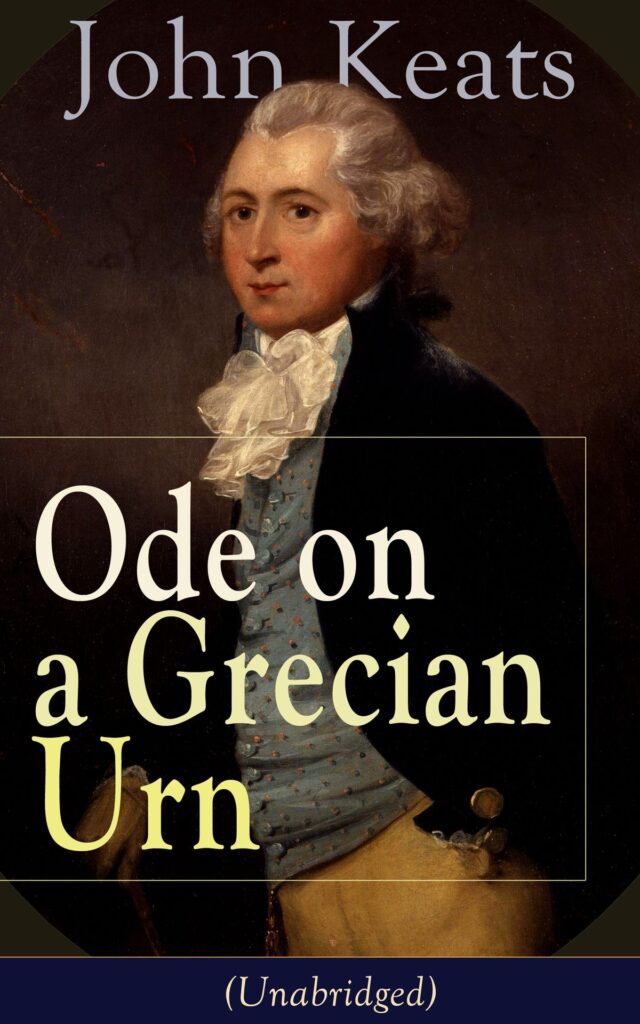John Keats , Poet of Beauty
“One of the great reasons that the English have produced the finest writers in the world is, that the English world has ill-treated then during their lives and foster’d then after their deaths. They have in general been trampled aside into bye paths of life and seen the festerings of Society”
Keats Letter to Miss Jeffrey, 9th June 1819
The tragic life of Keats illustrates the truthfulness of his own opinion quoted above regarding the treatment given to the finest English writers by their contemporaries. John Keats was one of the last and finest of the Romantic age and was the youngest of all. Unfortunately like all the romantics he too died young, at the age of 26.

When you come to The Romantic Age, you find each one of them has his own philosophy of Life, Poetry and Criticism. Thus, when we travel from Wordsworth to Coleridge to Shelley to Keats there isn’t much in common among the four. There are sharp variations from one to the other, of course all belong to the same age. Therefore this is a broad agreement among the four on certain emphasis for example, as against reason they will emphasize emotion and imagination, against idea they emphasize emotion. But at the same time we see a sharp difference among them because they belong to an age itself, the Age of individualism.
Keats is called a Poet of Beauty, he does not dissociate truth from beauty, for him the two have to coexist, it should exist in imagination. Thoughts for romantics were mundane or material and whatever excites your passion, imagination is truth for them. Keats wrote six odes which reflect Nature, Immortality, Love and Beauty. He wrote his odes in the romantic tradition.



Keats’s showed his view of Beauty at different stages
“A thing of Beauty is a joy for ever” - Endymion, 1818 “For it is the eternal law That first in Beauty should be first in sight,” - Hyperion, 1884 “Beauty is Truth, truth beauty, that is all Ye know on earth, and all ye need to know” - Ode on the Grecian Urn, 1819 "She dwells with Beauty - beauty That must die" - Ode on Melancholy, 1820
During the period of 26 years, only four or five years could he devote to poetry; but in such a short period, what he did was a miracle.
He began as a sensationalist, a keen observer of nature and things and ended as a thoughtful romantic poet who had something new to say about poetry and one thing is certain that his views on the Nature, Function and Technique of Poetry coincided with his principle of Beauty and Truth through imagination.
Written By: Mohit Vyas
Editor and Team Lead: Ashutosh Sharma
About The Author(s)
Chemistry major with self-proclaimed good taste in Books and Music.

